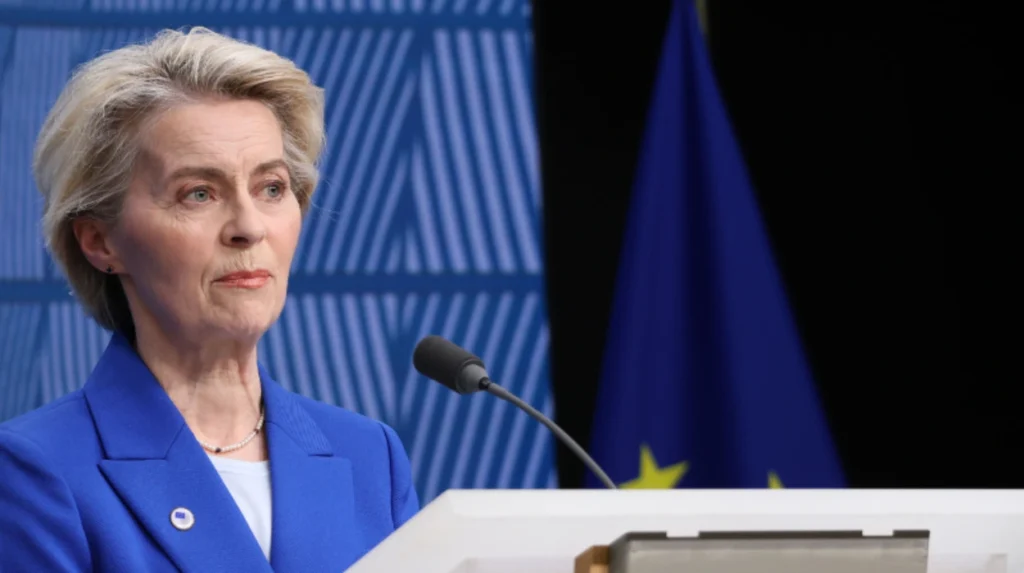Ursula von der Leyen has just been reappointed president of the European Commission for the next 5 years. In her program, she unveils a series of measures aimed at boosting competitiveness and innovation in Europe, including a plan to unlock financing for businesses and startups.
Ursula von der Leyen believes that Europe, faced with lower productivity compared to its main global competitors, is unable to promote its digital technologies. The Commission intends to address this, by first focusing on the rigorous enforcement of recently adopted digital laws, including the Digital Services Act (DSA) and the Digital Markets Act (DMA). ). These laws aim to hold tech giants accountable and ensure fair competition for consumers and businesses.
Investing in cutting-edge technologies
To remain competitive, Europe must invest massively in cutting-edge technologies according to the re-elected President of the European Commission. The Commission plans to increase investments in supercomputing, semiconductors, the Internet of Things, genomics (study of genomes), quantum computing and space technologies. The objective is to position Europe at the forefront of global innovation, particularly in terms of artificial intelligence.
Ursula von der Leyen plans the creation of “AI Factories” launched in the first 100 days of her mandate, to provide AI startups and industries with suitable supercomputing capabilities. She also wants to create a European AI Research Council to centralize resources and encourage innovation, similar to the approach taken with CERN.
Harness the power of data
In her program, Ursula von der Leyen proposes a strategy for a European Data Union, aiming to simplify the legal framework for sharing data between companies and administrations, while respecting confidentiality and security standards.
“Too many companies in Europe are struggling to get the data they need – while large foreign technology companies use European data to power their businesses. “, she declares.
Put research and innovation at the heart of the economy
The Commission plans to increase research spending with a focus on strategic priorities, fundamental research and disruptive innovation. The extension of the European Research Council and the European Innovation Council is also planned. To facilitate the transition from laboratory to market, a new European legislative framework on biotechnology will be proposed in 2025.
Accelerate investments
To finance these initiatives, the President of the Commission plans to maximize public investment and take advantage of private capital. The Capital Markets Union, launched by the former Commission president 10 years ago, could attract 470 billion euros of additional investment per year.
Risk absorption measures will be proposed to facilitate the financing of high-growth companies by commercial banks, investors and venture capital.
The creation of a European Competitiveness Fund is also envisaged to invest in strategic technologies and support important projects of common interest (IPCEI).
A promising future for Europe
These initiatives mark a crucial step in strengthening competitiveness and innovation in Europe. By freeing up funds and promoting the adoption of cutting-edge technologies, the European Commission hopes to position Europe as a global leader in innovation while supporting the ecological and digital transition.
This article is originally published on tom.travel







